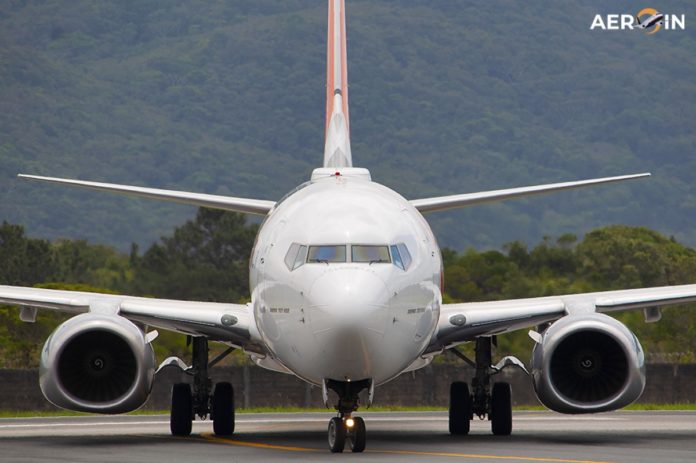JetSMART will carry out its first expansion of 2022 in Argentina, serving the cities of Córdoba (COR), El Calafate (FTE), Mendoza (MDZ), Puerto Iguazú (IGR), and San Carlos de Bariloche (BRC). This responds to increased demand in the domestic market, driven by PreTravel, and traveler confidence in domestic destinations.
As observed in other parts of the world, the domestic market has been a major player in the market’s recovery. Argentina is no exception to this situation, although it is limited by the fact that there are only three airlines to fill the gap left by LATAM Argentina and Andes Líneas Aéreas. In November, the market already recovered 65.45% of passengers carried in 2019, and both low-cost carriers have already even surpassed pre-pandemic levels.
First of all, JetSMART will increase from seven to nine weekly flights from Buenos Aires (AEP) to Córdoba (COR) and Puerto Iguazú (IGR). To meet the demand in the Cuyo region, the ultra-low-cost carrier will also increase weekly flights to Mendoza from five to twelve.
Another highly demanded region is Patagonia, which is why San Carlos de Bariloche will have three daily flights instead of two and El Calafate (FTE) will increase from two to four weekly flights.
«Considering this demand and the growing tourist flow and the possibility of putting together a new schedule after the vacation period, JetSmart has scheduled more flights between Aeroparque and El Plumerillo, so that more people can travel long distances in an accessible and safe way and in a short period of time. We hope to continue helping in the economic recovery of the region and the entire airline industry in the country,» explained Darío Ratinoff, JetSMART’s Commercial Manager in Argentina.

Throughout the year JetSMART transported more than 1.1 million passengers in its 17 destinations, accounting for 15% of the domestic market share. In 2021 it inaugurated operations in Comodoro Rivadavia (CRD), El Calafate (FTE), San Salvador de Jujuy (JUJ), Corrientes (CNQ) and Posadas (PSS). It currently has a fleet of five aircraft and plans to add more planes to keep up with the growing number of travelers.
«We know that flights are a necessity for the population and today our services are complementary to those of the flag carrier, thus strengthening the industry and boosting the economic recovery of different sectors», concluded Ratinoff.






